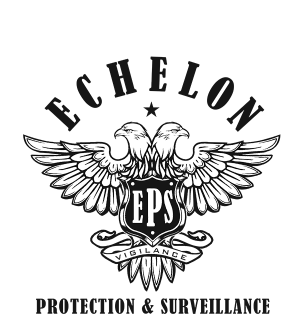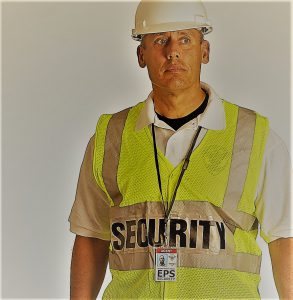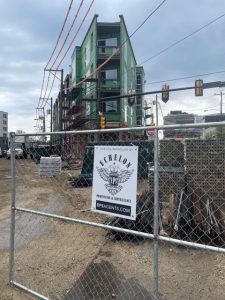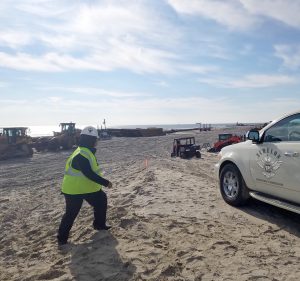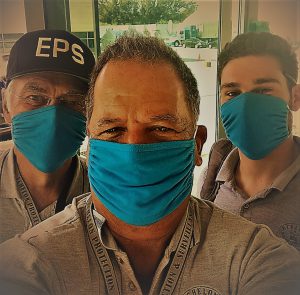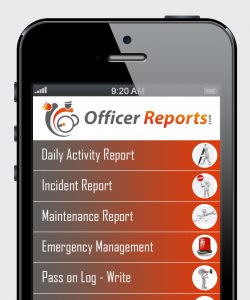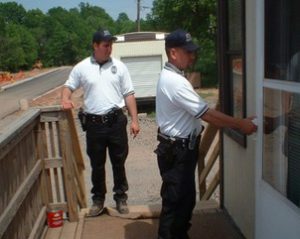In every construction site, tools and equipment are one of the necessary assets. These construction items are important to adhere to the schedule. Of course, no one wants to encounter delays especially when you are under a tight budget.
Safeguard Your Tools and Other Construction Materials
- Allocate an area for equipment storage, or perhaps, build secure sheds for storage purposes. If not, you can always rent storage.
- It is important to have an inventory of all equipment, tools, and materials. This is particularly important for heavy duty equipment and expensive construction tools.
- There should be a uniform system for the checking in (and out) of tools and equipment. Place a visible sign stating that, “ALL TOOLS MUST BE CHECKED OUT!” Securely store the tools in locked storage facilities.
- Seal gas or oil tank caps because would-be criminals can use these to their advantage.
- Provide parking for heavy equipment, and make sure there is enough lighting to secure the area. Aside from that, install anti-theft devices to important construction equipment.
- All heavy equipment should have a unique identifier and put a warning sign that these ID numbers are monitored.
- There should be an on-site inventory of everything, including the materials, tools, and equipment. For the lighter tools and equipment, lock them during non-working hours. Store these items in a closed room or secure them using lockable gates.
- Designate a spare key (or a supervisory key) to control the use of motorized equipment. Not everyone should have access the main key and only supervisors can get a hold of emergency keys.
- If you no longer need equipment or materials, remove it from the construction site. You are inviting would-be criminals. Refrain from storing too many items in the site storage.
- Lastly, monitor even the trash removal because you will never know what the perpetrators hid in the trash bin.

Security solutions for your small business
Time is money, and if many hours are wasted because of construction site crimes, this could mean loss of resources, and more importantly, loss of profit.
At Echelon Protection & Surveillance, we have security experts that will assess your construction site, and help you develop stringent security protocols with the aid of modern technology.
If you choose Echelon Protection & Surveillance as your business’ security partner, we will give you the daily security records, and even digital records such as photos and video footages. Moreover, we will also assign you a security account manager, free of charge, so that you can easily know the site’s status and other relevant updates.
Working hand in hand with the local police
Your security is our utmost priority! That’s why we are continually coordinating with the local police to enforce strict security measures on the construction site. For more details about Echelon Protection & Surveillance, kindly call us at 1-610-831-0277 or email us at sales@epsagents.com.
